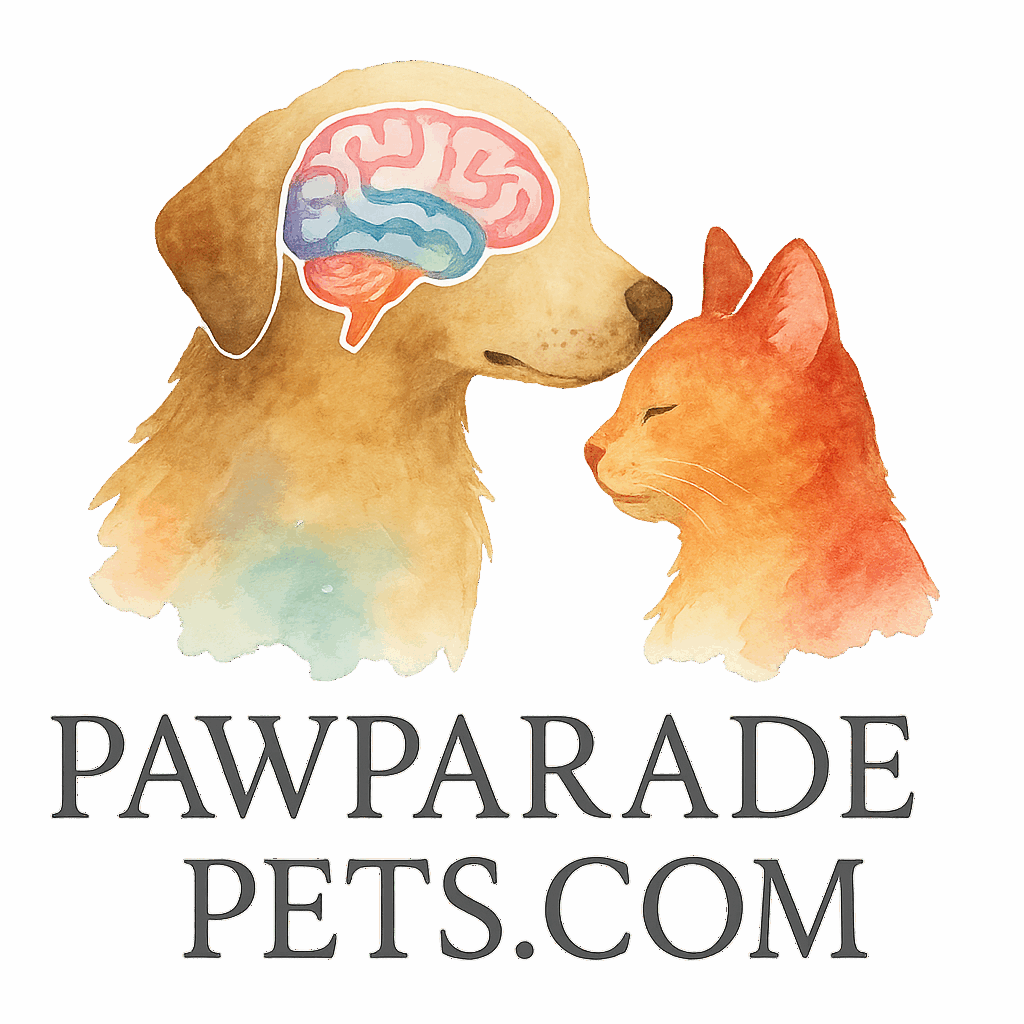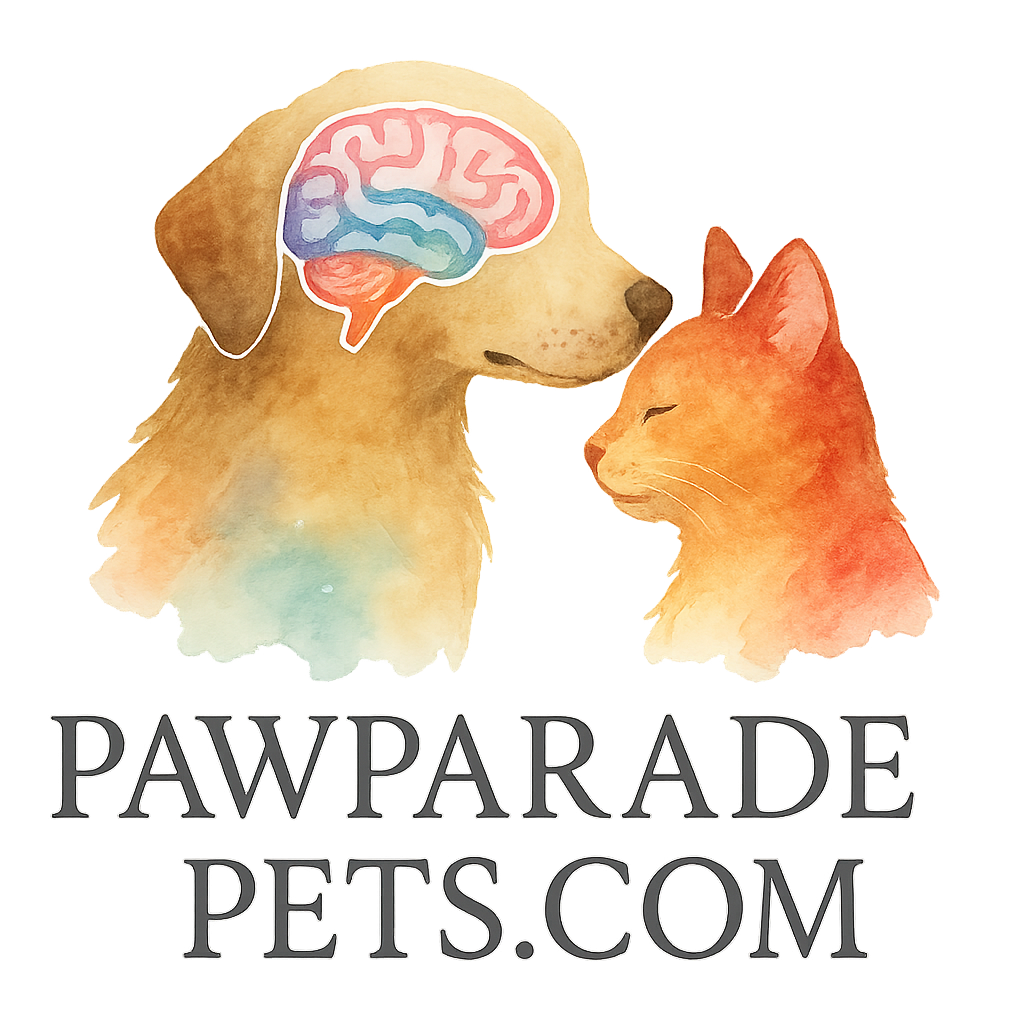Introduction
When most people think about brain training for pets, dogs and cats usually come to mind. But here’s the fun twist—your guinea pig can also thrive on mental challenges! Just like us, guinea pigs get bored if their daily routine feels too repetitive. And boredom in pets? That often leads to stress, restlessness, or even health issues.
So, if you’re ready to make your little fluffball happier, smarter, and more engaged, this article is for you. Let’s explore 9 brain training for pets games for guinea pigs that are simple, fun, and surprisingly effective.
Why Brain Training for Pets is Important
The Science Behind Brain Training for Guinea Pigs
Guinea pigs are naturally curious creatures. They love exploring, sniffing around, and figuring things out. Just like dogs benefit from brain training basics, guinea pigs also need puzzles and challenges to keep their little brains active.
When you engage your guinea pig in cognitive tasks, you’re helping them improve memory, reduce stress, and even strengthen their bond with you.
Benefits of Cognitive Stimulation
- Prevents boredom and stress
- Encourages problem-solving skills
- Promotes physical activity and overall health
- Deepens trust and engagement with their human companions
It’s like giving your guinea pig a gym membership—for their brain!
Preparing Your Guinea Pig for Brain Training
Creating a Safe Training Environment
Before starting, ensure your guinea pig’s space is safe. Remove anything sharp, dangerous, or too small that could be swallowed. Think of it as baby-proofing—but for a furry little genius.
Tools and Toys You’ll Need
You don’t have to break the bank! Many toys, tunnels, and puzzles can be made at home using cardboard boxes or paper rolls. Of course, specialized brain training tools can make things easier if you want to invest.
9 Brain Training for Pets Games for Guinea Pigs
1. The Treat Puzzle Game
How It Works
Hide small veggie treats under cups or inside a DIY puzzle box. Let your guinea pig sniff, nudge, and figure out how to get the reward.
Why Guinea Pigs Love It
This game stimulates their natural foraging instincts and makes snack time way more exciting.
2. Tunnel Exploration Challenges
Guinea pigs love tunnels—it’s in their DNA! Set up a series of tunnels and hide treats inside. You can even create a mini maze using cardboard boxes.
This isn’t just fun—it improves spatial awareness and confidence.
3. Hide-and-Seek with Treats
Who said hide-and-seek is just for kids? Place treats around the play area and watch your guinea pig become a furry little detective. This engages their sense of smell and curiosity.
4. The Foraging Mat Game
A foraging mat (or a homemade version using fleece strips) encourages guinea pigs to dig, sniff, and find hidden snacks. It mimics how they’d search for food in the wild—great for mental and physical activity.

5. Obstacle Course Fun
Turn playtime into a mini Olympics! Create ramps, tunnels, and small barriers for your guinea pig to navigate. This combines games and activities with exercise and problem-solving.
6. Clicker Training Basics
Yes, clicker training isn’t just for dogs! Guinea pigs can learn to associate a clicking sound with rewards. You can train them to come when called or even perform basic obedience tricks.
7. Scent Recognition Games
Hide treats in two cups—one with food, one without. See if your guinea pig can pick the right one. This strengthens their scent recognition and builds focus.
8. Interactive Toy Play
Interactive toys, like rolling balls with hidden treats, keep guinea pigs entertained for hours. Check out interactive pet toys that are safe for small pets.
9. Advanced Cognitive Challenges
Once your guinea pig masters the basics, try more complex puzzles. You can get inspiration from advanced cognitive challenges designed for other pets and adapt them for your guinea pig’s size and skills.
Common Mistakes in Brain Training for Pets
- Pushing too hard, too fast
- Not rewarding enough
- Forgetting to keep sessions short
- Using unsafe or oversized toys
Remember, the goal is fun—not frustration.
Tips for Keeping Training Fun and Engaging
Short Sessions Work Best
Guinea pigs have short attention spans. Keep sessions under 10 minutes to avoid boredom.
Positive Reinforcement is Key
Use treats, gentle words, and affection. Never punish mistakes—encourage learning with patience.
Health and Safety Considerations
Always supervise playtime. Avoid toys with sharp edges or toxic materials. And keep training on a non-slippery surface to protect their tiny feet.
The Connection Between Play, Obedience, and Training
Brain training isn’t just about fun—it supports better discipline and overall training. Guinea pigs that enjoy mental challenges are often calmer, healthier, and more bonded with their humans.
Conclusion
Who knew that guinea pigs could enjoy such exciting challenges? By trying these 9 brain training for pets games for guinea pigs, you’ll not only boost your pet’s intelligence but also deepen your bond. Remember, the journey is about joy, discovery, and keeping those little paws busy and brains buzzing!
For more ideas, check out Paw Parade Pets for guides on games, brain stimulation, and interactive fun.
FAQs
1. Can guinea pigs really learn tricks?
Yes! With patience and positive reinforcement, guinea pigs can learn simple commands and tricks.
2. How often should I do brain training with my guinea pig?
Aim for 5–10 minutes daily or a few times a week to keep things fun without overwhelming them.
3. Are store-bought brain training toys safe for guinea pigs?
Some are, but always check the size, material, and safety. Many toys are made for larger pets, so adapt carefully.
4. What’s the best treat for brain training?
Small veggie pieces like carrot, cucumber, or bell pepper slices work best.
5. Can brain training help with guinea pig behavior?
Absolutely! It reduces stress and promotes better behavior.
6. Do guinea pigs get bored easily?
Yes. Without stimulation, guinea pigs may become lethargic or stressed, so games are crucial.
7. Where can I find more pet brain training ideas?
Explore guides on Paw Parade Pets for more creative activities.


